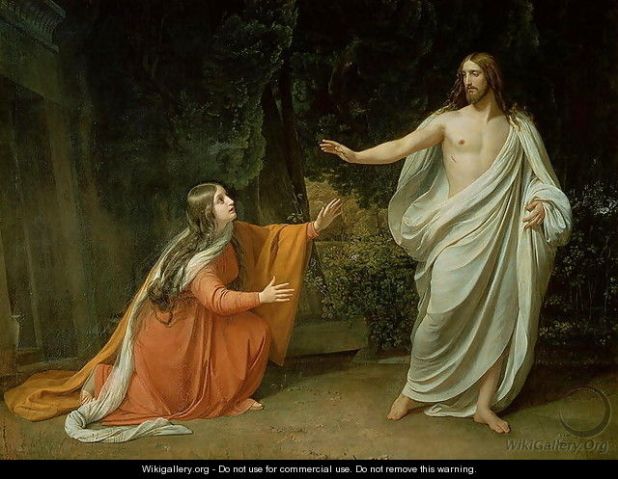It’s been ages. Last post was in February! But I was finishing my degree and for a little while I just lost the drive to meditate and think about blog posts, even though I have loads of drafts and ideas written on my phone. I completed my undergraduate degree in Sociology in May, and my graduation will be some time in September/October, so I have lots of time to think, read, write and catch up on various things that had to be put on hold. Today is also the last day of a fast that I’ve been doing since Monday, so I can get some clarifications about my career and life goals. I’ll try to keep you all updated.
This week, I’ve been thinking about the will, and how closely it’s linked to pride. On Sunday, I went to my surrogate mother’s house for morning prayers, and we reflected on how God will go to any length—no matter how ridiculous to us—to save us from ourselves. He has a will for our lives, and we stray from it, and end up having to tread down dark, dangerous and miserable paths—which he allows—in order to finally see him and what he had tried to tell us from the beginning. We look over our shoulders at the adjacent road we could have gone down: bright, warm, and easy, and chide ourselves for being so foolish. This is why I’ve decided to wait patiently and pray about where I should go next in my life, because the initial experiences of sixth-form and university were riddled with doubt, loneliness and concern, that I’d made the wrong course choices; gone to the wrong institutions; started in the wrong year. For once, I want to walk down a path with confidence that it was the right decision.
As we spoke, some extra thoughts came to mind. There are a few ways to deal with wrong choices: some go into crippling self-pity and chastisement, resenting and hating themselves to the point of depression; others get annoyed because they saw where they went wrong, but pray for wisdom for the next time. Although some times, when their decisions lead to failure, some people project their frustrations on others. “It wasn’t me; the reason I did this was because; if only so-and-such had acted differently”. We’re all guilty of this at some point: deciding not to own up and admit to what we did wrong because it’s easier to blame someone else.
God’s will doesn’t just refer to our careers, but every choice we make. I thought about the blame game we tend to play with ourselves and each other, and for the first time, I could actually envision the wicked, who didn’t make it into the New Jerusalem in Revelation 20, charging towards the city to fight God. This passage always befuddled me because I thought “who could possibly do that, wouldn’t they just be really sad that they didn’t make it?” But if so often, when our bad choices and wrong doings are put in front of us in the calmest of ways, our first reaction is to lash out, give the silent treatment, and make excuses, then what hope would there be for someone being faced with all the wrong decisions they had made that led them to be standing on the outside of the Ultimate Gift? They’d no longer be able to see all the measures God had taken to save them, they’d just see everything that everyone else did, that caused them to miss out on heaven.
The will is a scary and great thing. If we let our pride and ego get in the way, we’ll only make decisions for ourselves; we’ll live solely for our own interests; which will inevitably not only hurt us, but someone else. Furthermore, when these decisions cause problems, and we’re confronted with this, we’ll never admit to it, deciding once again to put the blame on others. I had this experience this week and it’s honestly the most frustrating thing: when you tell someone they’ve hurt you and done something wrong, but they’ve decided to be upset with you for reasons they can’t properly vocalise. But after reading and studying this week, I think I know what the problem is.
If we stopped engaging in this battle of wills, of self interest, and instead surrendered our wills to God, we’d all be walking down that sweet, easy road happily. But until then, we struggle through the brambles.
